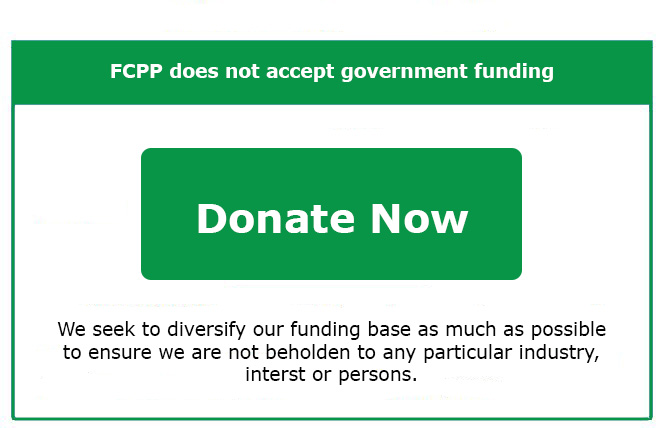Most Canadians – even those with serious health problems – are still waiting for the vaccination that might save their life.
Meanwhile, vaccinations for indigenous people are proceeding at a rate eight times faster than elsewhere. In some cases, all adults in Indigenous communities and urban areas have been vaccinated – including the young and healthy. The federal government is pushing the provinces to prioritize all indigenous people for vaccination and some provinces have complied.
In Manitoba, Indigenous leaders are racing to vaccinate as many community members as possible before an early spring melt.
It makes perfect sense to prioritize elderly and unhealthy residents in Indigenous communities. Not only are there many unhealthy people there, but in some cases, communities lack good access to hospitals and prompt medical care. If someone requires hospitalization it can mean flights to southern hospitals, with the risk and expense that entails. No one can possibly object to vaccine priority for the elderly and unhealthy.
However, less defensible is the decision to give vaccine priority to all Indigenous adults – even those living in southern communities and cities. Healthy, younger adults are at practically no risk of death. In some parts of the country physically fit professional urbanites have taken advantage of their Indigenous heritage to jump the queue and get their shots. This is wrong. Those doses should have gone to older and unhealthier people – Indigenous and non-Indigenous- who are at risk of death. As a result of this unfair racial queue-jumping the lives of older people left waiting have been put in jeopardy.
The excuse is that vaccinating young and healthy Indigenous adults can be justified because they will not infect others. However, the elderly and vulnerable in Indigenous communities have now been vaccinated, so this reasoning makes no sense, as the vulnerable are no longer at risk.
It would make little difference if we lived in countries like Great Britain or the United States that had secured an adequate supply of vaccines for everyone. But we do not. Our government has let us down badly on vaccine procurement and the vaccine roll-out is agonizingly slow.
The precious doses that we do have must be used for the elderly and compromised in the Northern communities first. That is only right. However, before vaccinations are offered to the younger, healthier population, all the nation’s elderly and compromised – Indigenous and non-Indigenous – must receive their vaccinations.
If Ottawa has adopted a hands-off approach to Indigenous communities and is allowing First Nation leaders complete freedom to decide who is being prioritized in vaccination this could compromise community health.
Even some Indigenous leaders are pushing back against this unfair policy and refusing to have their healthy young adults vaccinated while others in greater need elsewhere are forced to wait. They recognize unfairness when they see it.
Unfortunately, the government has not provided many answers. Repeated requests by the Frontier Centre for comment from the Public Enquiries Contact Centre at Indigenous Services Canada have gone unanswered.
Public safety on Manitoba reserves is at stake. Ottawa needs to clarify its policies on vaccinations. Time is not on its side.
Brian Giesbrecht is a senior fellow with the Frontier Centre for Public Policy. Joseph Quesnel is a senior research associate with the Frontier Centre.
Photo by Steven Cornfield on Unsplash.



